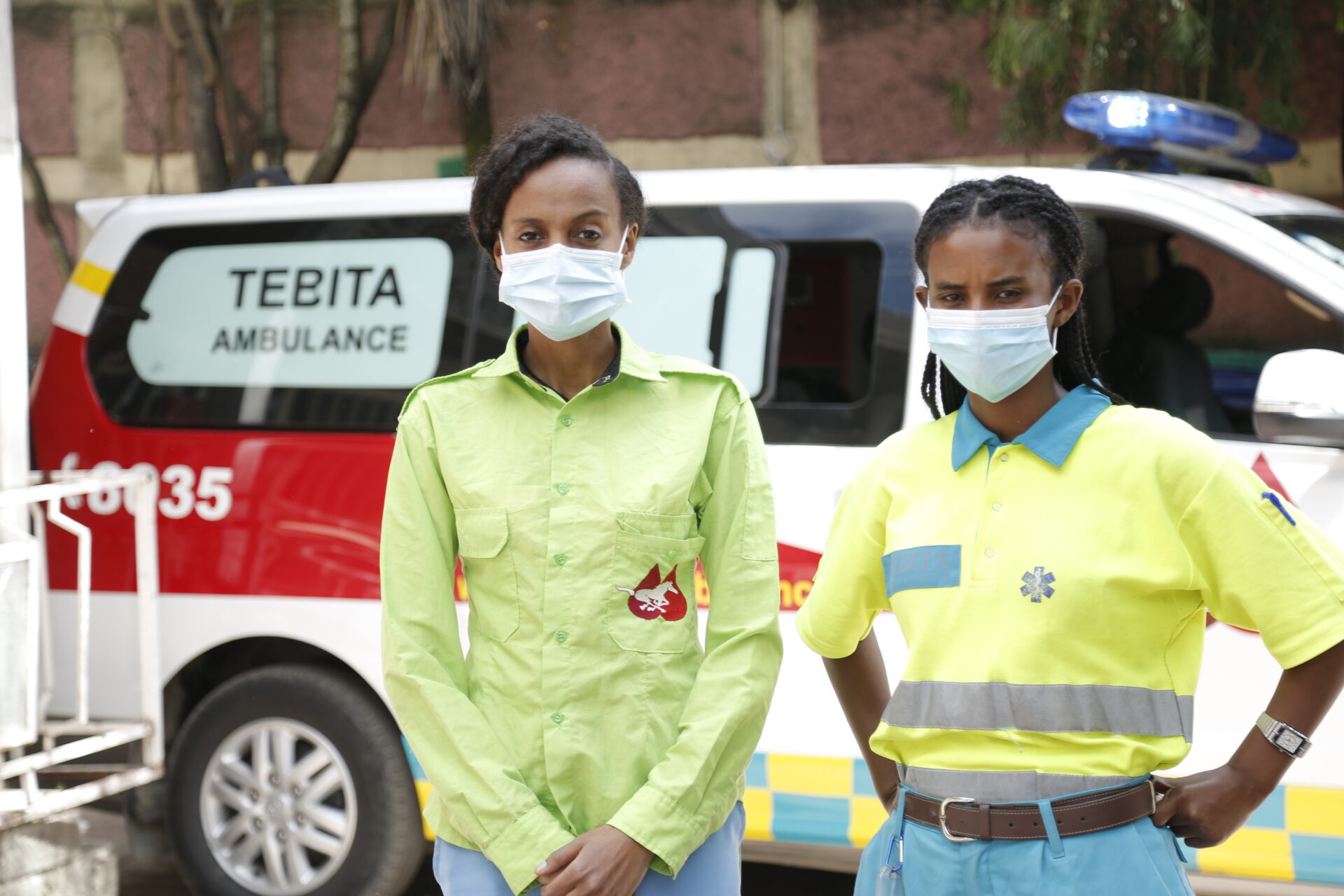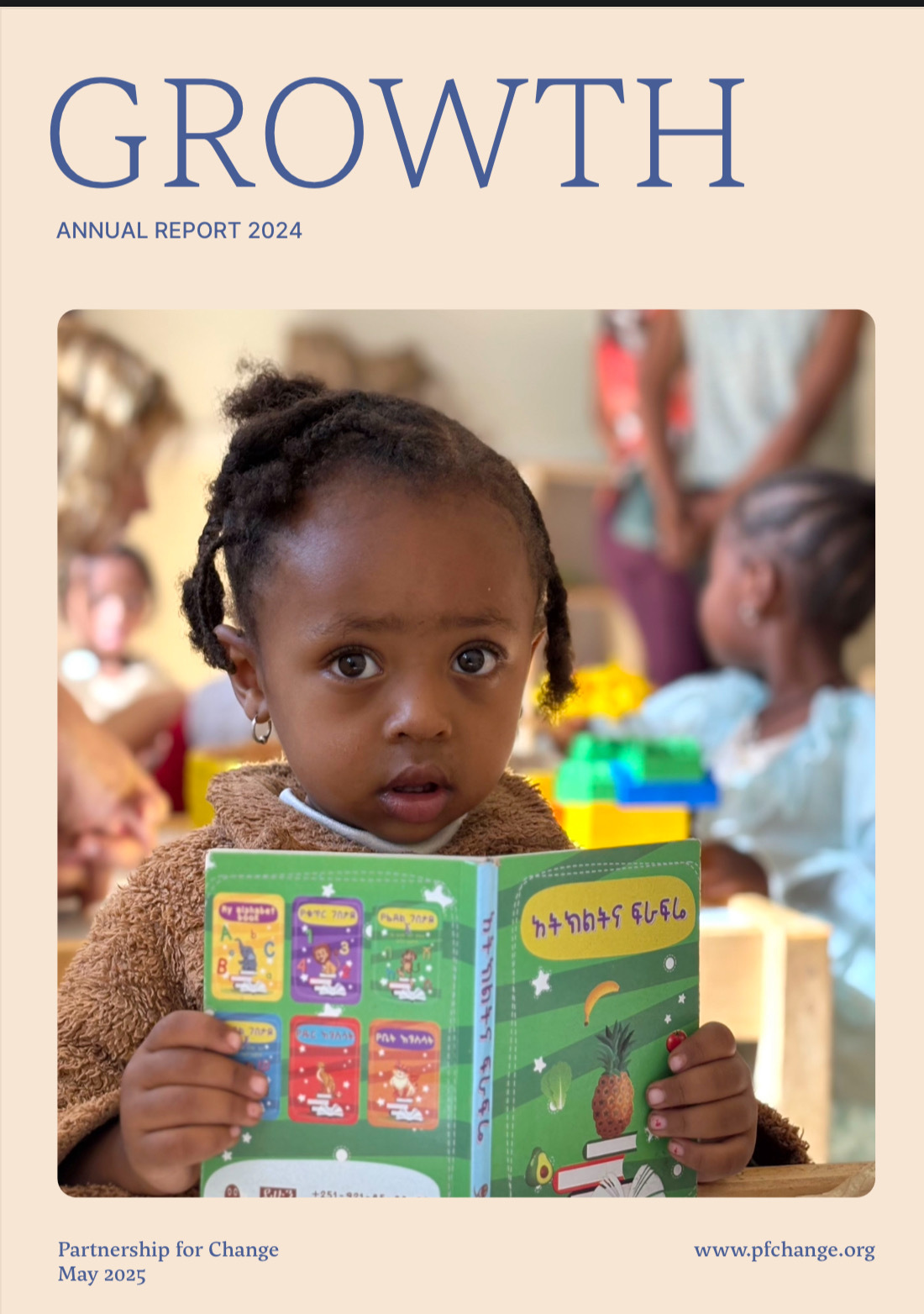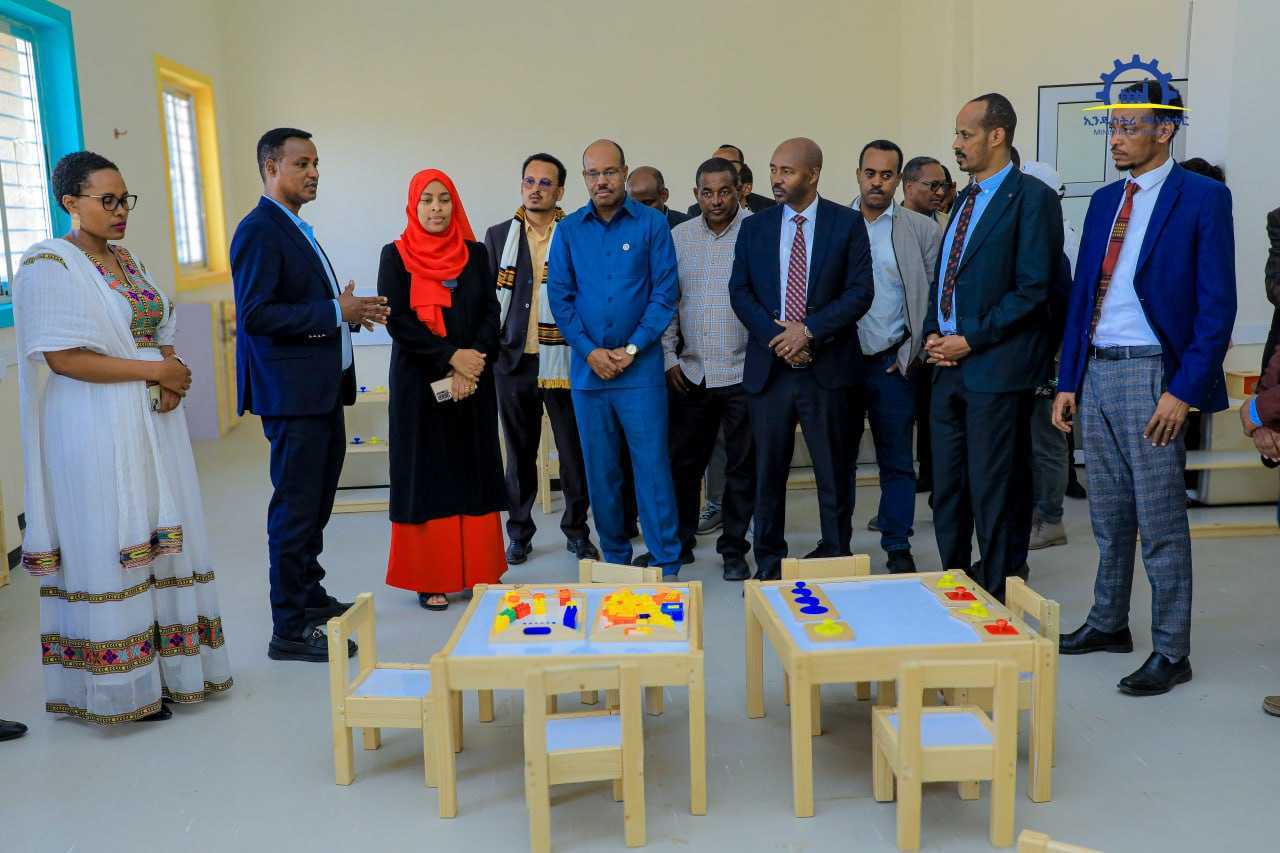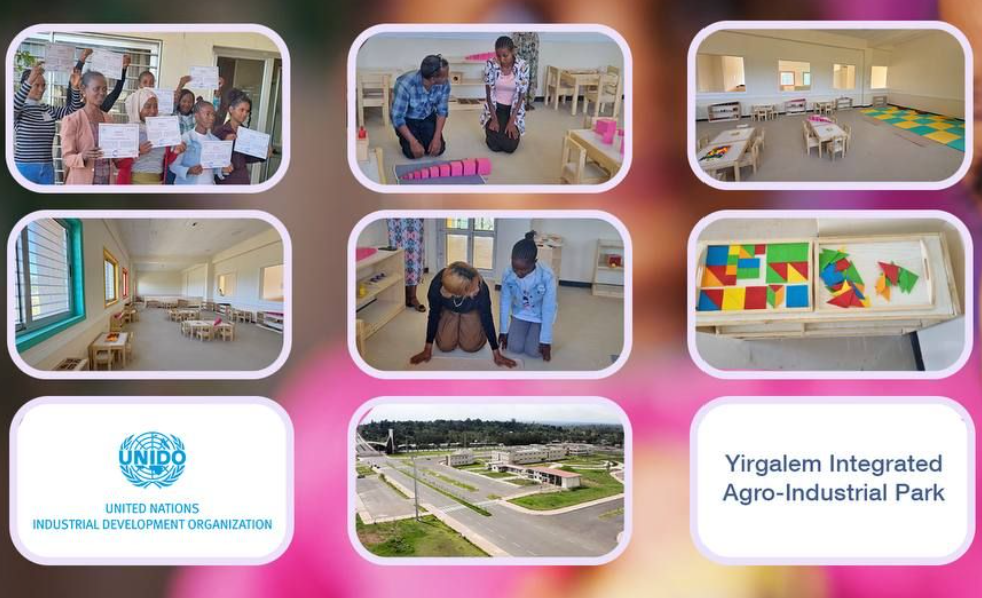Tebita – Education of Paramedics

Tebita Paramedic College was established in collaboration between PfC and Tebita in 2018.
For the paramedic education starting in summer / autumn 2021, more than 2,300 applications had been received by the application deadline.
It was a big job to evaluate all the applications. PfC participated in parts of this process. Partly to ensure a satisfactory proportion of girls, and that the offer is also given to the very poorest. Tebita has also received criteria for admission from the authorities that they must meet.
The education has started in 2 rounds. The first batch of 30 students started in June and the remaining 30 now start in October. The paramedic education established at Tebita in 2018 is the first of its kind in Ethiopia. This is a certified 20-month training of ambulance personnel. The first batch of 14 students graduated in the summer of 2019. PfC has set as a premise that the education should be an offer to poor youth and that approx. 50% of the candidates must be girls. Some were critical of the latter. They thought the girls were not strong enough, but then they did not know their own girls. Ethiopian girls are strong, and they have shown this both through education and work. These poor girls are pioneers!
Ethiopian authorities have acknowledged that if they are to succeed in reducing the number of deaths and disabilities caused by accidents, the entire treatment chain must work. It is estimated that in five years the country will need 27,000 trained ambulance personnel, and they want Tebita to train 5,000 of these.



